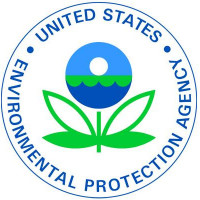
RFS2 – Renewable Fuel Standard
The Renewable Fuel Standard (RFS) program was created under the Energy Policy Act of 2005 (EPAct), which amended the Clean Air Act (CAA).

Sobre a norma
The Energy Independence and Security Act of 2007 (EISA) further amended the CAA by expanding the RFS program. EPA implements the program in consultation with U.S. Department of Agriculture and the Department of Energy.
The RFS program is a national policy that requires a certain volume of renewable fuel to replace or reduce the quantity of petroleum-based transportation fuel, heating oil or jet fuel. The four renewable fuel categories under the RFS are:
- Biomass-based diesel
- Cellulosic biofuel
- Advanced biofuel
- Total renewable fuel
The 2007 enactment of EISA significantly increased the size of the program and included key changes, including:
-
Boosting the long-term goals to 36 billion gallons of renewable fuel.
-
Extending yearly volume requirements out to 2022.
-
Adding explicit definitions for renewable fuels to qualify (e.g., renewable biomass, GHG emissions).
-
Creating grandfathering allowances for volumes from certain existing facilities.
-
Including specific types of waiver authorities.

How can we help you?
Would you like more specific information about our certification programs? If you have any further questions, please don’t hesitate to contact us; we’d be delighted to hear from you.